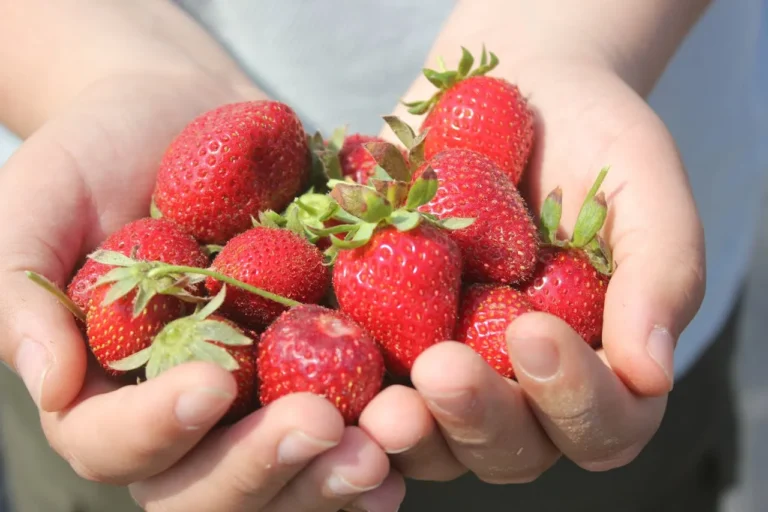
As climate change poses a threat to coffee cultivation, Nestlé experts are delving into the realm of advanced data science and artificial intelligence to explore ways to select and breed coffee plants that are more resilient to changing environmental conditions.
Despite there being over 120 species of coffee, arabica dominates approximately 70% of global coffee production. However, arabica is particularly vulnerable to rising temperatures and diseases compared to other varieties like Robusta. Moreover, the shrinking availability of arable land due to climate change and water scarcity further exacerbates the challenges faced by coffee growers, leading to decreased yields.
In a bid to secure a sustainable future for coffee farming and to support the livelihoods of farmers, Nestlé’s team of plant scientists is actively seeking out new arabica varieties that not only yield higher but also exhibit enhanced resistance to diseases and drought.
Central to this endeavor is the development of an exceptionally high-quality arabica reference genome using cutting-edge data science techniques. This reference genome, accessible through a publicly available digital database, facilitates the analysis of various traits of coffee plants. It enables the identification of specific characteristics such as increased yield, larger coffee cherry size, heightened resilience to diseases or droughts, and even flavor or aroma profiles.
Jeroen Dijkman, Head of Nestlé’s Institute of Agricultural Sciences, likens this reference genome to a detailed map of a metropolis, elucidating key genetic markers responsible for distinct traits in mature coffee plants. This invaluable resource empowers plant scientists and experts to pinpoint, select, and breed novel and improved arabica coffee varieties.
Published in the prestigious journal Nature Genetics, the development of this reference genome marks a significant milestone in the realm of plant research. Patrick Descombes, Senior Expert in Genomics at Nestlé Research, emphasizes the unparalleled quality of their work, achieved through state-of-the-art genomics methodologies, including high throughput sequencing of long and short reads.
This groundbreaking initiative was a collaborative effort with the French National Institute for Sustainable Development (IRD) and involved partnerships with numerous academic institutions worldwide. These include Nanyang Technological University in Singapore, University of São Paulo in Brazil, University at Buffalo in the USA, the National Agricultural Research Organization (NARO) in Uganda, University of Helsinki in Finland, University of Leipzig in Germany, Boyce Thompson Institute and Cornell University in the USA, and VIB-UGent Center for Plant Systems Biology in Belgium.
The fruits of Nestlé’s labor are already evident as the company collaborates with farmers in key coffee-producing regions to cultivate elite coffee varieties developed by their plant sciences experts. With over 6 million plantlets already distributed, the impact of this initiative is tangible and promising.




